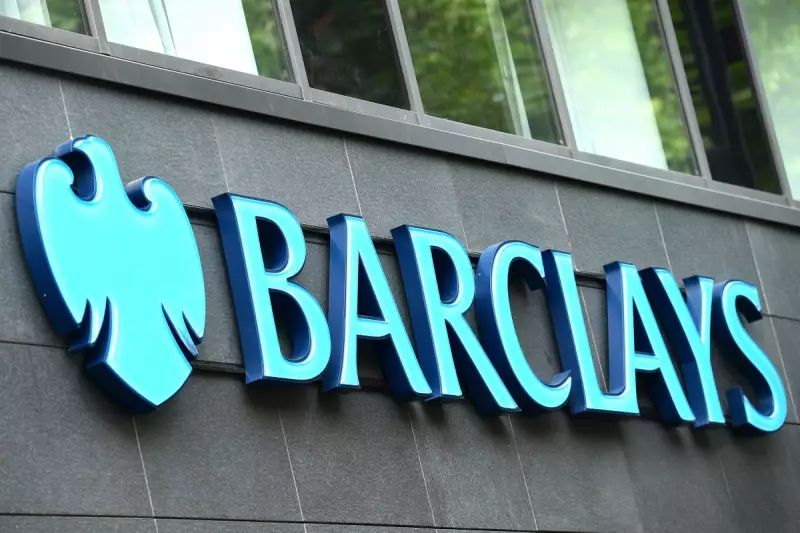
Chancellor Rachel Reeves has launched a stinging critique against Barclays bank over its controversial decision to terminate sponsorship of London Underground's free Wi-fi service, branding the move detrimental to both consumers and the UK's economic interests.
The surprise withdrawal, which will see the vital connectivity service cease operations from June 2024, has drawn sharp criticism from the government's top financial official. Reeves emphasised that access to free internet connectivity has become an essential utility for millions of Londoners navigating the city's transport network.
Economic Impact and Digital Exclusion Concerns
In her strongest comments since taking office, the Chancellor warned that Barclays' retreat from the partnership undermines efforts to build a modern, connected economy. The move potentially affects thousands of daily commuters, tourists, and businesses who rely on the service for connectivity during their journeys.
"This decision comes at a time when the government is pushing for greater digital inclusion and infrastructure investment," a Treasury source revealed. "The Chancellor believes essential services like transport connectivity should not be subject to such corporate volatility."
Barclays' Surprise Exit After Five-Year Partnership
The banking giant's sponsorship, which began in 2020, made Wi-fi freely available across the entire Tube network including stations and tunnels. Barclays' branding and advertising featured prominently throughout the service's login portals and platforms.
Industry analysts suggest the withdrawal reflects broader cost-cutting measures within the financial sector, though Barclays reported pre-tax profits of £6.6 billion in February 2024.
Transport for London's Search for New Sponsor
Transport for London (TfL) now faces the urgent challenge of finding a new commercial partner to maintain the service. A TfL spokesperson confirmed: "We're actively exploring alternative funding models to keep this valued service running. We appreciate Barclays' support over the past four years which has provided millions with free connectivity."
The timing proves particularly awkward for Reeves, who has prioritised infrastructure investment and digital accessibility as key pillars of her economic strategy. The incident raises broader questions about the sustainability of relying on corporate sponsorship for essential public services.
As London's commuters face the prospect of returning to digital blackspots on their daily journeys, the government's response signals growing tension between commercial decisions and public infrastructure needs in the modern economy.





